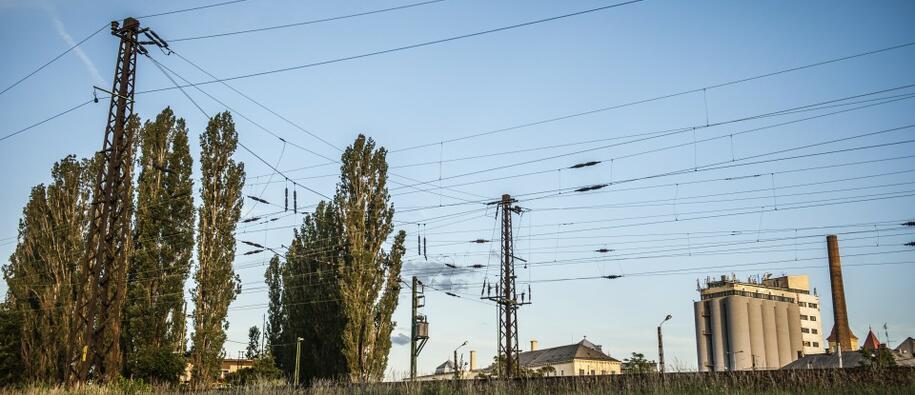Currently available funding
There are currently no calls for proposal.
Programme Summary
Why is the programme needed? With climate change high on the European agenda, carbon capture and storage (CCS) has considerable potential as a mitigating technique for climate change. The 2009 EU directive on the geological storage of CO2 established a legal framework and is an acknowledgement of the potential contribution of CCS in the fight against climate change. The directive, which entered into force in the Czech Republic 20 March 2012, allows the Member States to determine any areas that can be used for CO2 storage. In this context, the Czech Republic must explore the options for the geological storage of CO2 and decide the position it will adopt towards this technology. Increased public awareness, as well as more specialised research and knowledge adopted to the existing conditions in the Czech Republic, is needed in order to be able to exploit the potential of CCS technology in mitigating climate change. What will the programme achieve and who are the beneficiaries? The programme addresses the need for increased knowledge and awareness of CCS as a mitigating measure against climate change. It facilitates pilot studies and surveys on CCS technology, enabling project promoters, such as researchers and public authorities, to assess whether the practical application of CCS in a given location is technically and financially feasible. At the same time the programme increases transnational cooperation and provides the public administration with relevant information needed to implement and benefit from CCS technology. Additionally, educational and awareness-raising campaigns increase the general and professional public’s understanding of CCS. How will it be achieved? The programme consists of an open call for proposals and will result in the following outputs: - 3 completed surveys to explore the practical application of CCS technology in the Czech Republic within one or more of the themes; o Research into CO2- capture o Research into CO2- transport o Research into CO2- storage - 5 educational and awareness-raising campaigns, events for transfer of know-how and/or tools, methods and events for on-going share of information. How will bilateral relations be strengthened? The fight against climate change and CCS as a mitigating measure is a common European interest shared by the Czech Republic and Norway. Funds are set aside for bilateral cooperation to establish collaboration, exchange, sharing and transfer of knowledge, technologies, experience and good practice between the final beneficiaries and entities in the donor state, as well as between the Czech Ministry of Environment and subordinated bodies and counterparts in Norway.Who can apply for funding under this programme? Public and private entities, as well as non-governmental organisations are eligible for funding under the first output of the programme: Projects related to researching CO2 capture, transport and/or storage. Under the second output of the programme, related to exchange of know-how and awareness-raising activities, eligible applicants are public entities, unions of municipalities, non-governmental organisations, scientific research organisations, as well as state organisations and state enterprises. Only entities registered in the Czech Republic are eligible as project applicants. The minimum grant amount is €250,000. For the first output of the programme the maximum grant amount is €5,000,000, whereas for the second output the maximum grant amount is €1,280,789. It is not possible to apply for funding from both outputs in one project, thus ensuring a minimum of two projects under the programme. One call for proposals is foreseen for Q4 2013. What are the partnership opportunities? Donor state entities are not eligible applicants for the Programme, but they are encouraged to cooperate with Czech applicants as donor project partners. Considering that Norway is among the frontrunners in CCS technology, the programme has good potential for bilateral project partnerships.
